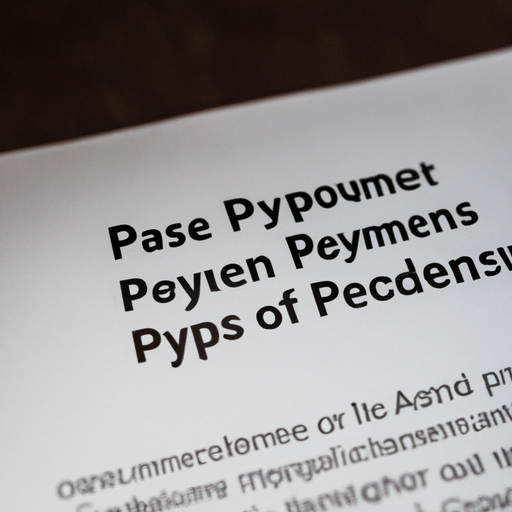In recent years, Apple Inc. has been facing increasing challenges related to payments regulation around the world. As the company’s digital payments services continue to gain popularity and expand globally, it finds itself entangled in various legal battles and regulatory hurdles.
One of the notable issues Apple is grappling with is the strict regulatory landscape in the European Union. The EU has been proactive in implementing regulations aimed at ensuring fair competition and protecting consumers’ rights. However, Apple’s dominant position in the digital payments market has caught the attention of regulators, leading to increased scrutiny.
The European Commission launched an investigation in 2019 to evaluate whether the rules imposed by Apple on its competitors and app developers are anti-competitive. The focus lies primarily on Apple Pay, the tech giant’s mobile payment service, and the requirement for merchants to use its proprietary technology, which some argue limits consumer choice and stifles competition. If found guilty, Apple could face hefty fines and possible changes in its business practices.
Apple’s rivalry with global payment companies, such as PayPal, further adds to its regulatory woes. The company’s decision to restrict its digital wallet functionalities on iOS devices, leading to the exclusion of prominent players in the payments industry, has stirred controversy. Critics argue that Apple’s move is an attempt to create a monopolistic environment by favoring its own payment system, Apple Pay, over competitors.
China presents yet another regulatory challenge for Apple. The country has implemented stringent rules for foreign players in the payments sector, demanding strict compliance for both local and international companies. Apple’s negotiations with Chinese authorities to gain approval for its services have been riddled with obstacles. The complex regulatory environment and the need to partner with state-controlled firms have hindered Apple’s expansion plans in one of the world’s largest consumer markets.
Apple’s difficulties extend beyond Asia and Europe. In Australia, the Competition and Consumer Commission (ACCC) has been investigating the company’s imposition of restrictions on banks’ access to the iPhone’s NFC (Near Field Communication) technology. Accusing Apple of anti-competitive behavior, Australian banks argued that the NFC restriction deprived consumers of choice and alternative payment methods. In a significant blow to Apple, the ACCC ruled against the company and rejected its request to intervene in the banks’ collective bargaining negotiations.
As Apple expands its reach and influence in the digital payments landscape, it continues to face mounting headaches in meeting regulatory requirements worldwide. The company’s dominance and approach to competition have raised concerns among regulators, sparking investigations and legal battles. The outcomes of these ongoing regulatory challenges will shape the future not only for Apple but for the broader payments industry as well.
